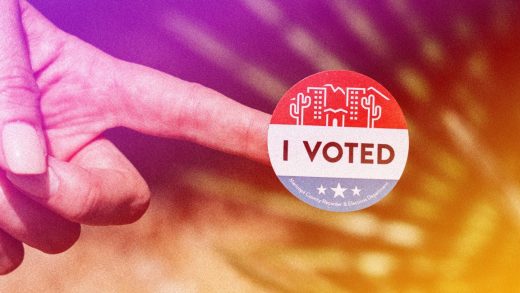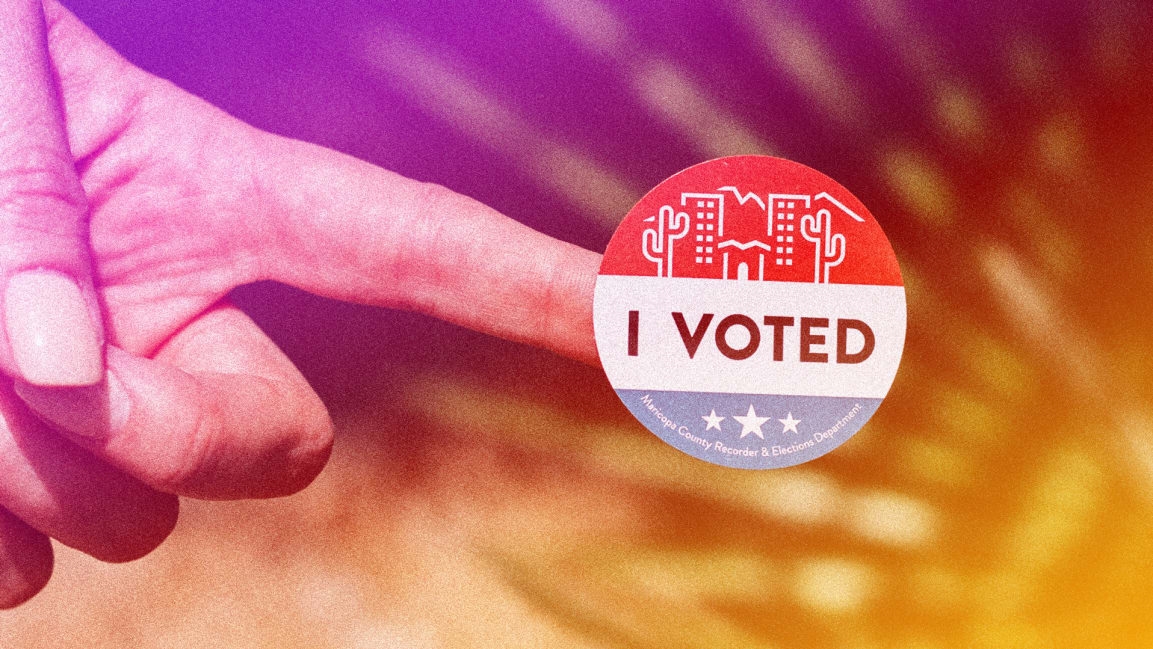Election Day needs to be a federal holiday because it’s good for business
The only presidential election I didn’t vote in was in 1996. The poll lines stretched around the block, and I was stressed about being late for work. I carry the guilt of not voting in that election to this day. My father, a Hungarian refugee, had risked his life to ensure my existential right to vote. To use my voice to make a choice.
I’m fortunate now to live in one of the five universal vote-by-mail states (Colorado), where I can complete my ballot in the comfort of my home. This allows me to research every issue thoroughly (which is particularly important in Colorado due to the ease of getting measures on the ballot), discuss issues with my husband (who has differing political views), and then drop off my ballot in a secure ballot box (I dropped off this year’s ballot on October 17).
Absent a federal measure for universal vote-by-mail across the U.S., a paid national holiday on Election Day is the next best step. Why? Because ensuring employees can exercise their right to self-government, as enshrined in our Constitution, isn’t just good for our democracy—it’s good for business.
In fact, as the CEO of Pipeline, I was one of the early signatories of Time to Vote. This organization represents a nonpartisan coalition of companies that are committed to increasing voter participation by ensuring employees have a work schedule that allows them to vote or, when applicable, by providing resources for mail-in ballots. This movement demonstrates the potential of the business community to address the most significant issues of our time.
And, it turns out, the Time to Vote movement answers the growing call of consumers who expect businesses to do what’s right. A staggering 92% of respondents of the Edelman Trust Barometer survey say it’s important that their employer’s CEO speak out on matters of equity. Moreover, 87% of respondents say stakeholders, not shareholders, are most important to the long-term success of a company. Supporting a federal Election Day holiday presents one avenue for businesses to show up for their employees.
Although there is an initial investment by businesses (about 7% of total employee costs, according to data from the Bureau of Labor Statistics), making Election Day a federal holiday adds to goodwill. According to a study by the Society for Human Resource Management (SHRM), paid time off was more important to employees than a 401(k) plan and the second most-wanted benefit.
This is especially important when you consider how long it can take to vote in person. In 2020 alone, the U.S. has eliminated nearly 21,000 election polling places, making long lines a regrettable standard. We’ve already seen people waiting up to 11 hours to cast an early voting ballot—all in the midst of a global health crisis. Five states don’t allow early in-person voting. And while a number of states have laws requiring employers to give employees time off to vote, there is no federal law that entitles employees time off to vote.
Barriers to voting not only threaten the foundation of our democracy, but they also perpetuate racial and economic inequity. In the 2018 midterm elections, Latinx and Black voters waited in line an average of 46% and 45% longer than White voters, respectively. And when low-income people disproportionately skew Hispanic and Black, the simple act of casting a ballot becomes a financial risk to them and their households. Every minute spent in this democratic pursuit—including transportation to and from voting precincts, waiting in line, and casting a ballot—means lost wages and the potential for retaliation.
Just as 93 companies stood forward earlier this year in support of the ERA, because it’s good for business, companies must also stand forward for full enfranchisement—because it too is good for business. Seven years after the Supreme Court gutted the Voting Rights Act, it’s time for CEOs and business leaders across the U.S. to use our positions of power and advocate for a federal holiday on Election Day. It’s time we join the other 11 “top-performing” democratic nations who have either designated Election Day a national holiday or hold elections on weekends.
The fact that the U.S. ranks 20th in voter participation among the 25 largest democracies should propel us into action. This is our democracy. This is our opportunity. We can rise to a higher calling to ensure that each of our employees, and every citizen, has the right to vote.
Katica Roy is the CEO and founder of Pipeline Equity.
(28)



